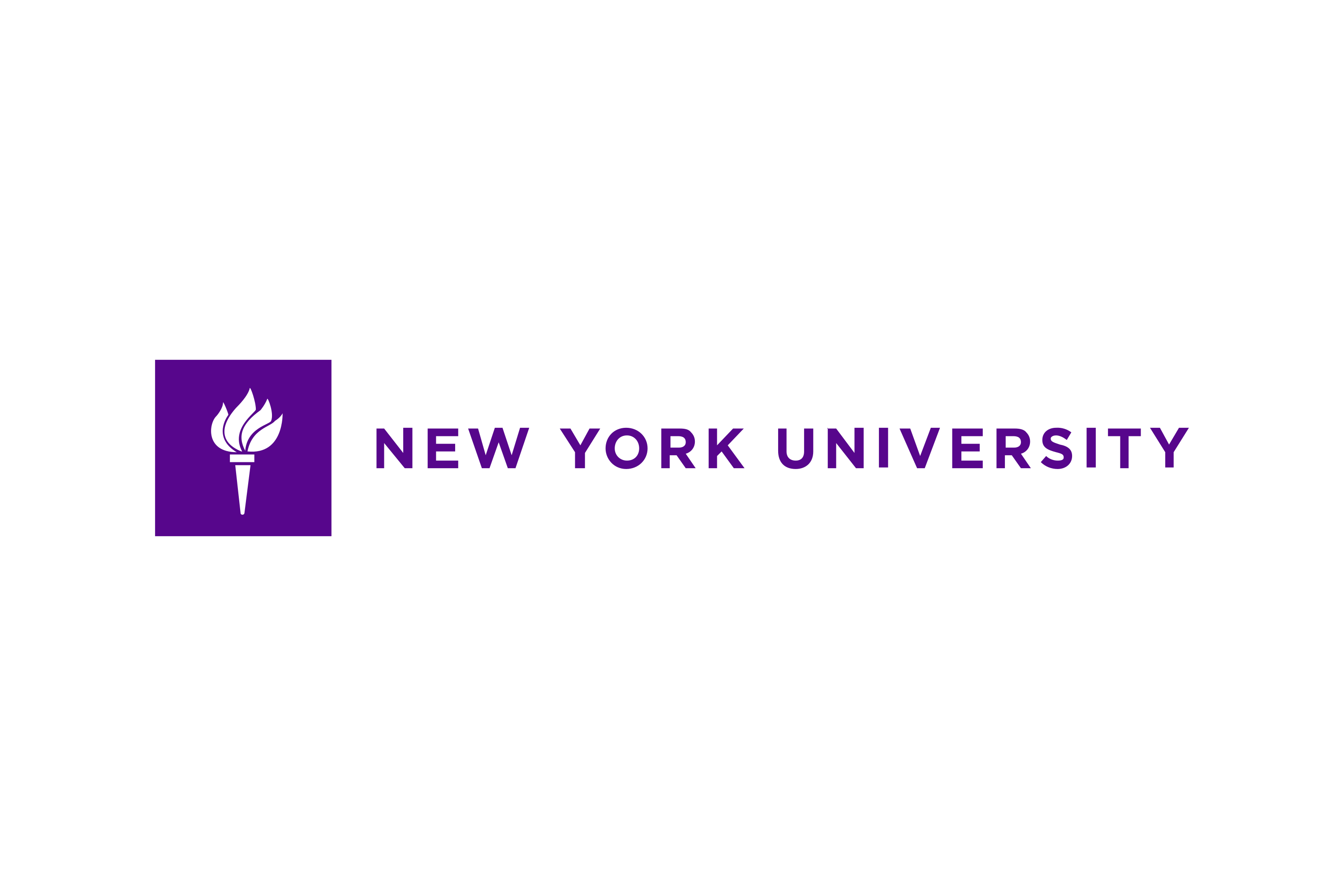
The National Institute of Mental Health, part of the National Institutes of Health, has awarded the NYU School of Global Public Health a grant to study the effects of state financing policies on the implementation of the new “988” suicide and crisis hotline. The grant (R01MH131649) provides $2 million over five years.
In July 2022, “988” became the new national number for the Suicide and Crisis Lifeline, which helps people who are experiencing suicidal thoughts, hopelessness, and other psychological distress. As anticipated, the transition from the previous 10-digit phone number to 988—a three-digit code like 911—has increased call volume. During 988’s first six months of operation, crisis workers fielded more than two million calls, texts, and chats.
Calls to the 988 Lifeline are routed to local call centers in each state, and each state is responsible for staffing these centers and funding them in a sustainable manner. To pay for the Lifeline, the federal law that created 988 encourages states to pass user-fee legislation—for instance, a flat monthly fee tacked on to every cell phone bill in the state, which is how 911 is financed. However, the current state policy landscape for financing 988 is extremely varied and not well-documented.
Through the NIMH-funded study, NYU researchers aim to gain a deeper understanding of how states are financing the Lifeline and the impact of their policies for funding 988. For example, do states with and without user fees have similar call volumes and ability to answer those calls—and similar outcomes of suicide and emergency department use for mental health crises?
“Our research aims to generate knowledge about how the implementation of policies that finance the Lifeline can by optimized to prevent suicide,” said Jonathan Purtle, associate professor of public health policy and management at NYU School of Global Public Health, director of policy research at NYU’s Global Center for Implementation Science, and the study’s principal investigator.
The study will include several components, including mapping the state policies for financing 988 and conducting surveys and interviews with suicide prevention stakeholders (such as Lifeline call center leaders). In addition, the researchers will compare data from local crisis centers from before and after the launch of 988 to see if there are any differences in outcomes in states based on how they fund 988.
The project team includes an interdisciplinary group of scholars with expertise in policy implementation science (Purtle and NYU Silver’s Ramesh Raghavan), suicide (NYU Silver’s Michael Lindsey), health law (NYU School of Global Public Health’s Jennifer Pomeranz), and quantitative policy analysis (Johns Hopkins’ Elizabeth Stuart). The researchers will work in partnership with Vibrant Emotional Health, which administers the Lifeline, and the American Foundation for Suicide Prevention.
“The launch of the 988 hotline has been a monumental step toward addressing the mental health needs of Americans during a time of enormous societal strain. Understanding how policies in individual states and localities affect accessibility to this resource will aid its effectiveness for improving and saving lives,” said Michael Lindsey, dean and Paulette Goddard Professor of Social Work at NYU Silver School of Social Work and a study investigator.




